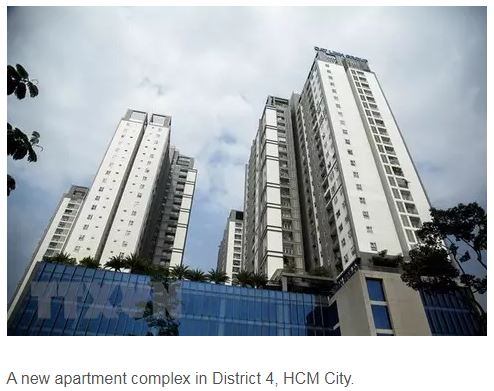Vietnam central bank to tighten lending with stricter standards
The State Bank of Vietnam (SBV) is mulling over stricter lending regulations, especially to finance purchases of properties and stocks, according to inside sources.
The State Bank of Vietnam (SBV) is mulling over stricter lending regulations, especially to finance purchases of properties and stocks, according to inside sources.
Banking regulators have sounded the alarm over a significant amount of personal loans being used to finance properties and stock purchases, which posed a serious risk to the country’s financial system in the event of market upheaval.
In order to stabilise the system and reduce risk, the SBV is to introduce a number of regulations to tighten the entire process from determining eligibility, conditions, use of funds and repayment plans.
Personal loans intended for the financing of properties and stock purchases and other large loans will also face greater scrutiny.
It was believed that the SBV was to prohibit or limit the ability of commercial banks and financial institutes to grant capital contribution loans or loans to cover future contracts or assets that failed to meet the legal requirements.
Regarding capital contribution loans, the SBV considered the ability to repay by borrowers difficult to determine and, at times, does not correlate with business performance. The SBV cited a number of cases in which borrowers failed to demonstrate they possessed managerial or technical capacity to help run the businesses, failed to procure necessary machinery and equipment or lacked financial capacity to effectively implement business plans.
In addition, commercial banks and financial institutes have had difficulty in the past overseeing how their loans were used after disbursement. On several occasions, they have lost track of how the money was used and failed to stay up-to-date with borrowers’ financial health and their ability to repay the loans.
The SBV also viewed loans to finance deposits required to purchase properties as inherently risky because the assets are typically not materialised when the deposits are required. However, not all property projects may be given the green light to go ahead or their land-use rights officialised by local authorities.
Source: VNS


 English
English




